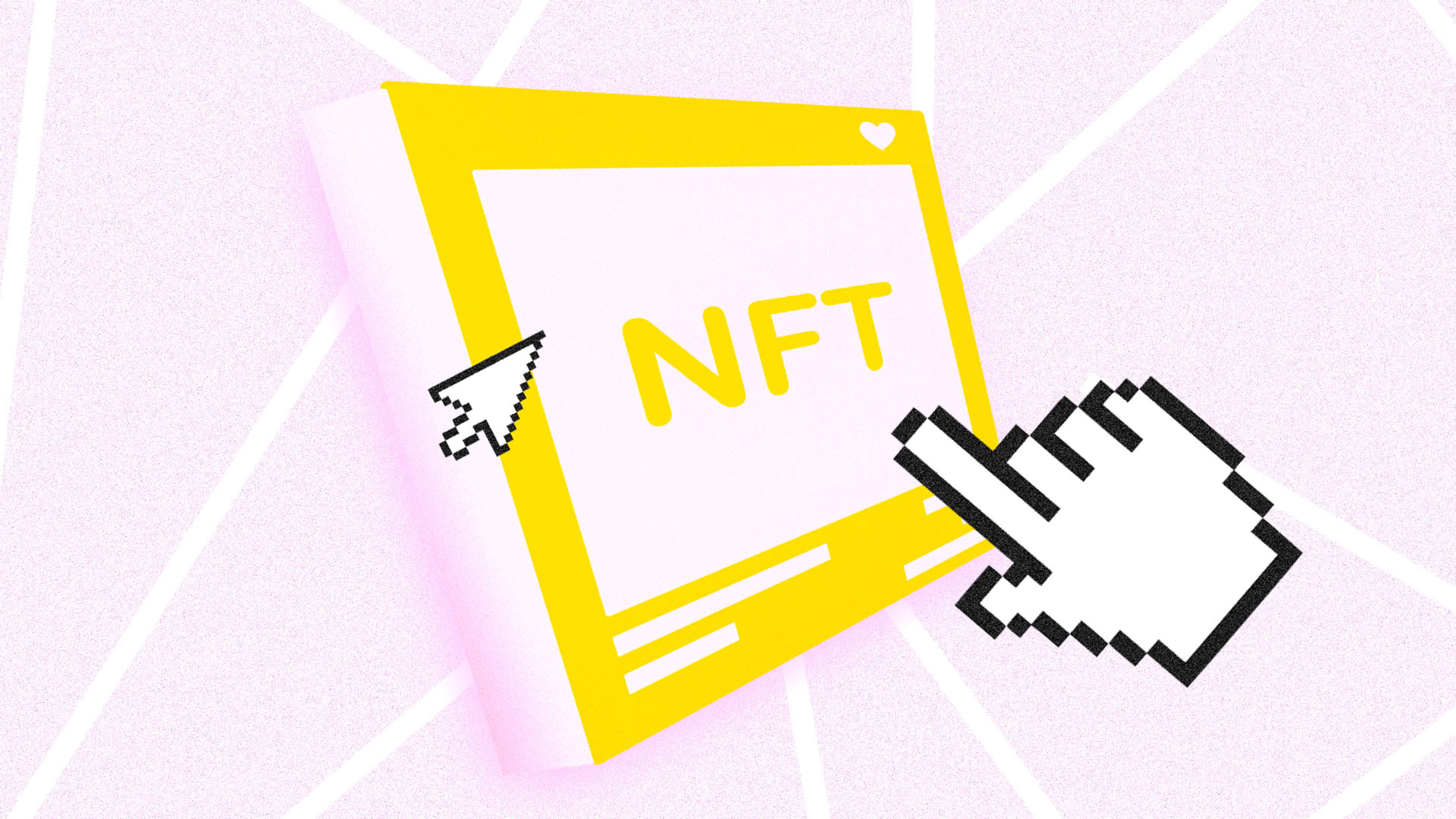As part of an investigation to determine whether any securities laws have been broken, the enforcement division of the Securities and Exchange Commission (SEC) has reportedly started talking to creators of NFTs and the marketplaces that sell them. In a new report, Bloomberg cites insiders who say the agency is trying to find out if NFTs “are being utilized to raise money like traditional securities.” If so, that would obviously interest the SEC.
The SEC declined to comment when contacted, but this issue has been out in the ether for a while now, so to speak. SEC Commissioner Hester Peirce—whom the crypto community sees as an ally (they refer to her as “Crypto Mom“)—has cautioned that this sort of action could be coming. She’s warned issuers not to “accidentally create” investment products, and told CoinDesk in October that some ways the NFT crowd is selling tokens could get them in trouble.
“Given the breadth of the NFT landscape, certain pieces of it might fall within our jurisdiction,” she said. “People need to be thinking about potential places where NFTs might run into the securities regulatory regime.”
One implication is the federal agency that regulates this sector of the economy still isn’t sure what to do with these digital tokens, or the $2.5 trillion crypto market they’re part of. But under new chair Gary Gensler, the SEC appears to be giving more attention to whether these folks are playing by the rules. A few weeks ago, BlockFi agreed to pay a $100 million fine—the most ever for a crypto company—for helping customers lend out their digital tokens, often at high interest rates, without first getting approval as a bank or registering those services.
Whether NFTs are securities is the core issue—because if they are, then they’re subject to the same rules as stocks. The SEC has rules for determining whether a transaction qualifies as an “investment contract,” which would make it subject to U.S. securities laws. Typically, the answer is yes if the transaction involves “investment of money in a common enterprise with a reasonable expectation of profits to be derived from the efforts of others.”
Some at the SEC (most notably Peirce) have argued that the basic logic behind these rules doesn’t apply well to digital assets. The agency is reportedly looking at ways to square this, but hasn’t proposed any solutions yet. Unsurprisingly, hardcore crypto enthusiasts tend to argue that any regulations written for traditional equity markets shouldn’t apply to their virtual currency.
Per Bloomberg, the SEC’s enforcement unit is eyeing so-called fractional NFTs the most; they’re “seeking information” on these, it says, and have even started subpoenaing key people. Fractional NFTs involve breaking a token down into smaller units that can be individually bought and sold on the market—which sounds an awful lot like something else in the financial world.
“You better be careful that you’re not creating something that’s an investment product, that’s a security,” Peirce has warned. “The definition of ‘security’ can be pretty broad.”
Recognize your brand’s excellence by applying to this year’s Brands That Matter Awards before the early-rate deadline, May 3.
